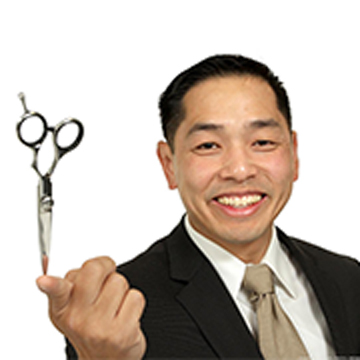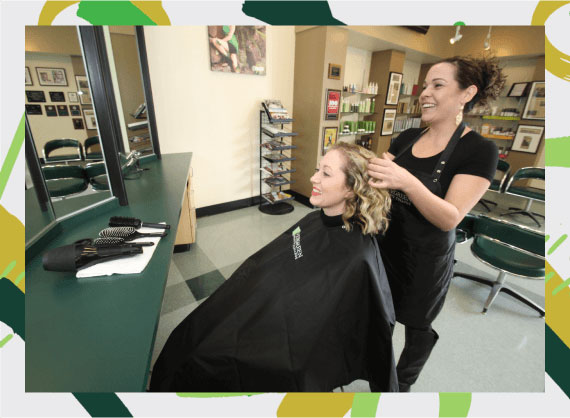How to Write a Cosmetology Business Plan
Having a business plan is as important as having a road map or GPS when you are on a road trip. Without a plan, you cannot be sure where you are going, how to get there or when you’ve arrived. The process on how to write a cosmetology business plan is similar to the process to write a plan for other businesses. You have to consider the same concepts for any business plan, but, as with any industry, there are things to consider that are specific to the cosmetology industry.
How to Write a Cosmetology Business Plan
The first step in writing a plan for your cosmetology business is to determine what you want to do. This includes formulating your vision, and deciding on an overall direction and what will motivate you to go to work every day. A good way to approach this is to think about where you want to see your salon or other cosmetology business in a year, in five years and in a decade.
Determine the Scope of Your Business
Determining the scope of your business is important at this point. Will you only offer haircuts and styling? How about color? Will you do manicures and pedicures? Perhaps you’ve considered doing makeup for special events or adding tanning beds to make your services more well-rounded. This is all up to you, and based on your vision for your business.
Mission Statement
Some business owners find it helpful to write a mission statement for their company. This statement usually outlines what makes their business stand out from the other similar businesses in the area. What does your salon offer that others cannot? This is an important consideration, whether you decide to write a mission statement or not.
When many people who are unfamiliar with business plans think of what they should include, they only think of this section of the plan. Considered the “meat” of the plan, the second section outlines how you will run your business.
Salons can be structured in many different ways. You can rent stalls to other cosmetologists, you can hire others as employees or you can run it as a lone owner-operator. Each of these methods has its own advantages and disadvantages. Other employees who work primarily in color, nails, makeup or other specialties add valuable services to your salon’s menu, but you will also have to serve as a manager. In this role, you will be supervising these other employees as well as paying their salaries. If you decide to rent stalls to others instead, you relieve yourself of some of the supervisory headaches, but you will still need to be sure the renter provides quality services and keeps customers satisfied.
Owning and operating a salon on your own, as the only employee, may seem like the easiest route, but consider that you only have two hands. On your own, you can only do so much. In addition, if you add specialty services you will need to be comfortable performing these regularly. Most cosmetologists can do a wide-variety of beauty treatments, but only specialize in a selected few.
Measuring Your Progress
One of the most overlooked but most important aspects of any business plan is the evaluation section. This section contemplates how you will know that your business is operating according to plan. It outlines how you will gauge your progress, and explicitly states your goals.
The goals for your salon should be quantitative, meaning you can measure them in numbers. How much money do you need to make the first year? How much do you hope to make in five years? How many clients will you serve each week? Will this increase or decrease as time goes on? Answering these questions will also help you to determine your prices, and how many hours a week you will need to open your salon.
Evergreen Beauty College has been educating cosmetologists for more than two decades. Many of our graduates go on to own and operate their own salons. From a wash and cut operation in their home to some of the largest salons in the region, our graduates have proven that any salon can be successful given the right preparation and knowing how to write a cosmetology business plan. Contact us today for more information about starting your career in cosmetology.




